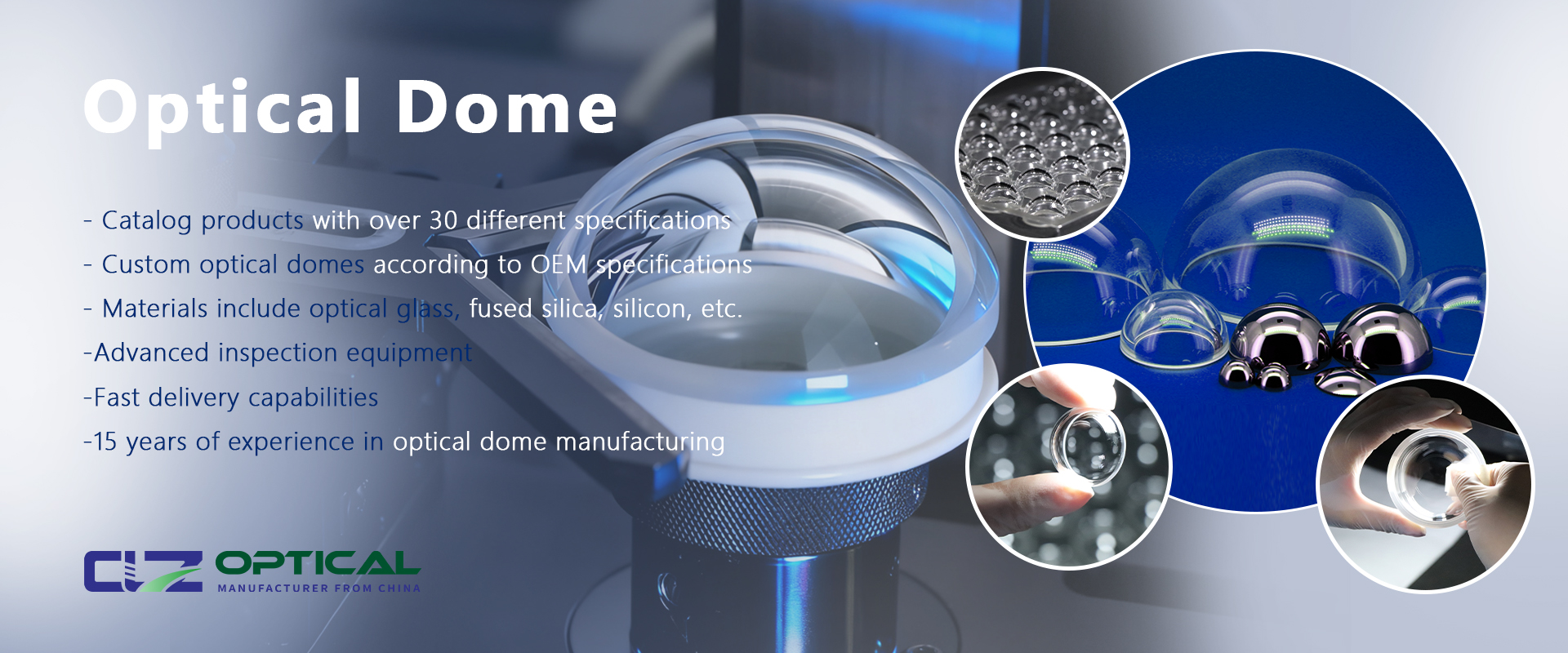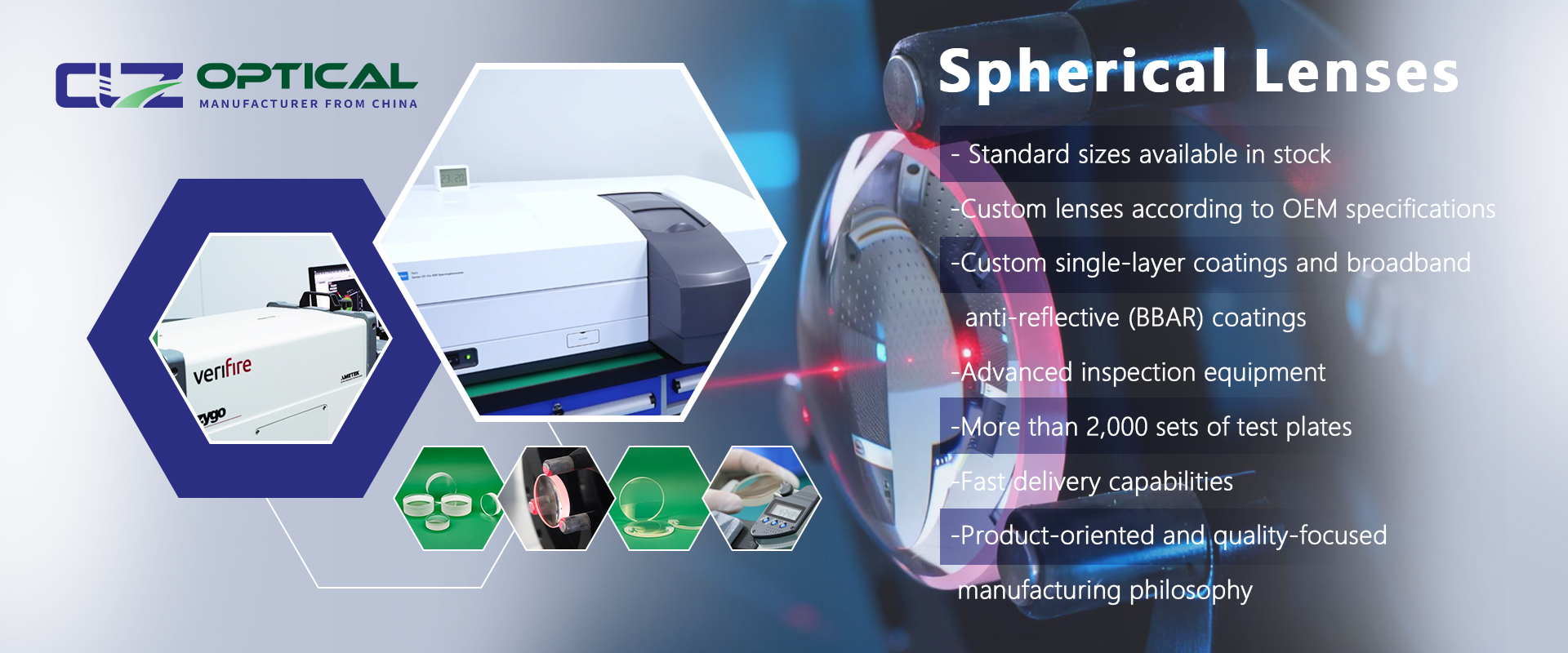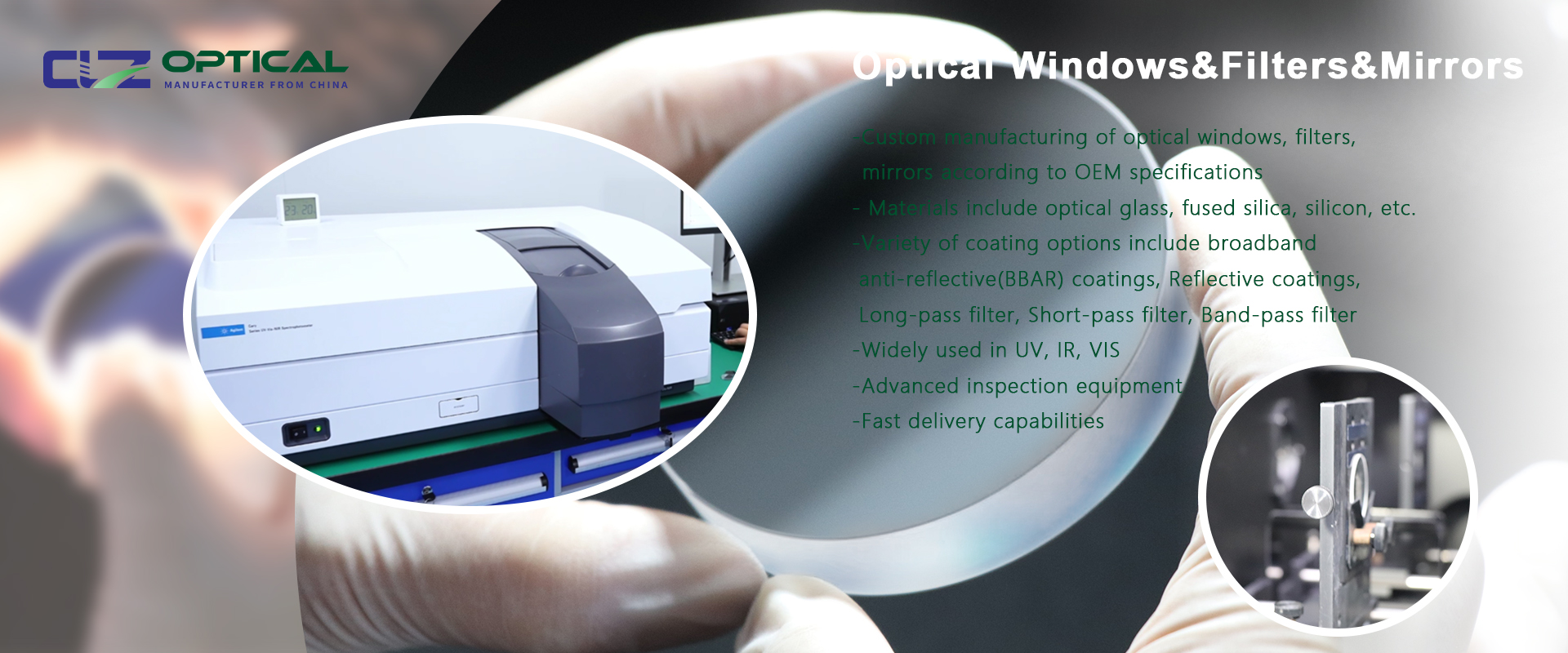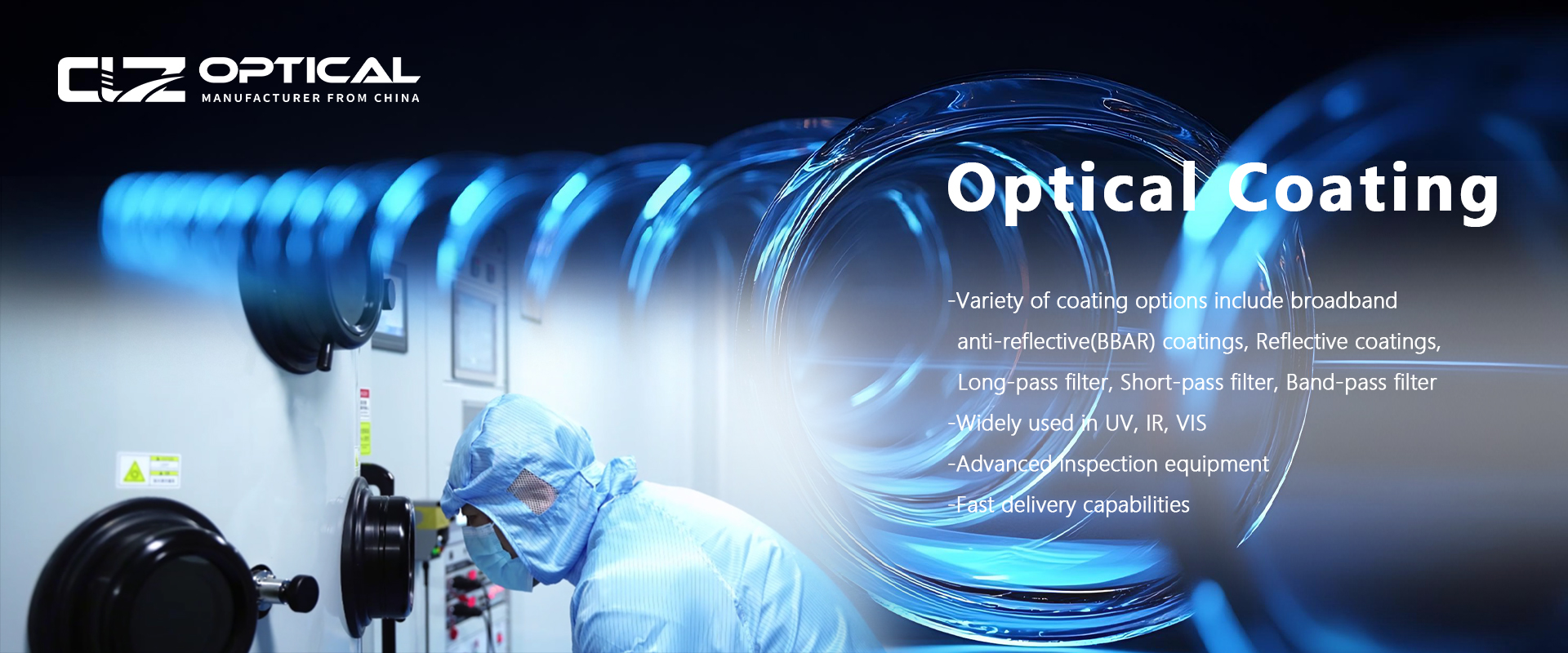Applications of MgF2 Coated Achromatic Lenses in Laser Systems
May. 10, 2025
Applications of MgF2 Coated Achromatic Lenses in Laser Systems
Modern laser systems demand precise optical components to deliver high performance, accuracy, and reliability. One of the most critical components in these systems is the MgF2 (Magnesium Fluoride) coated achromatic lens. Combining the benefits of chromatic aberration correction with anti-reflective coating, these lenses help optimize laser beam quality and transmission. In this article, we’ll highlight the key applications of MgF2 coated achromatic lenses in various laser systems.
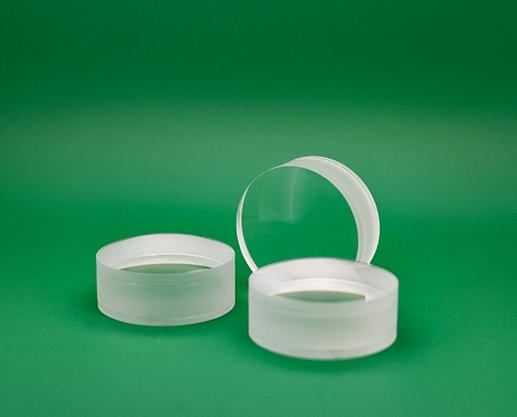
Why Use MgF2 Coated Achromatic Lenses in Laser Systems?
Laser systems often involve multiple wavelengths or high-energy beams. Standard singlet lenses can cause chromatic aberrations and reflection losses, which affect beam quality and system efficiency. MgF2 coated achromatic lenses correct these issues by:
Minimizing chromatic and spherical aberrations
Reducing reflection losses to below 1.5% per surface
Increasing light transmission across a wide wavelength range
Providing excellent environmental durability
Key Applications in Laser Systems
Laser Cutting and Engraving Systems
MgF2 coated achromatic lenses improve focus precision and reduce thermal effects by ensuring consistent beam convergence, even with high-power lasers. The anti-reflective coating minimizes energy loss and ghost reflections during cutting or marking processes.Medical Laser Equipment
In devices like dermatology lasers, ophthalmic lasers, and surgical laser systems, these lenses ensure sharp, consistent beams with reduced glare and reflection. The coating improves patient safety and device reliability.Laser Measuring and Metrology Systems
High-precision laser distance sensors and interferometers require stable, distortion-free beam paths. MgF2 coated lenses maintain focus accuracy and transmission efficiency, improving measurement repeatability.Laser Communication Systems
Optical windows and lenses in free-space laser communication systems use MgF2 coatings to reduce transmission loss and improve signal quality over long distances, even in adverse environmental conditions.Spectroscopy and Laser Fluorescence Systems
Achromatic lenses with MgF2 coating correct chromatic dispersion in multi-wavelength spectroscopy, improving spectral resolution and reducing stray light for more accurate analysis.
Advantages of MgF2 Coated Lenses in Laser Applications
High laser damage threshold
Excellent UV to NIR broadband transmission
Superior scratch, moisture, and chemical resistance
Minimal chromatic aberration in multi-wavelength systems
Consistent long-term optical performance
Conclusion
For any precision laser system—whether for industrial manufacturing, medical diagnostics, or scientific research—MgF2 coated achromatic lenses provide a reliable, high-performance optical solution. Their ability to correct aberrations, reduce reflection losses, and endure challenging operating conditions makes them indispensable in modern laser applications.












